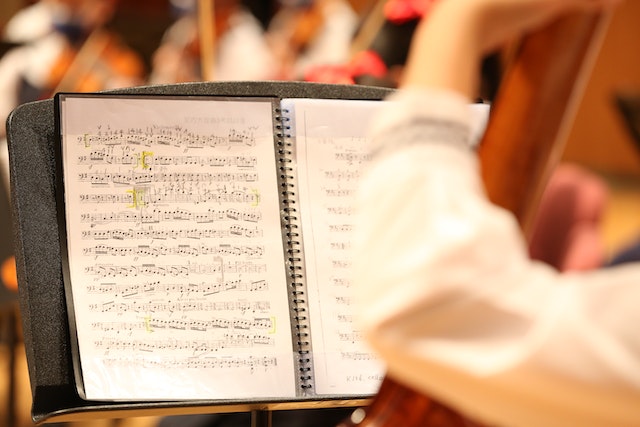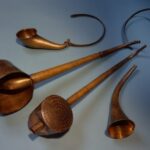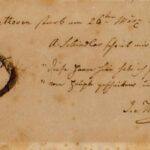In this article we cover this very interesting topic, one of the most frequently asked questions about the great Composer!
To answer the question how Beethoven was able to compose when he was losing his hearing, and after he had lost it completely, we must consider the following points.
Beethoven was not born deaf
Probably, the first and most important point to make is that Beethoven was not born deaf. His hearing was fine until his late twenties. Even then his hearing was ‘only’ deteriorating, his deafness was not sudden. We also know that initially the ears had different percentages of loss.
The fact that in his first part of his life he was able to hear sounds, all the different instruments alone and in orchestra, gave him the ability to recall these sounds later in his mind, when physically he was not able any more.
His loss of hearing was not sudden
It was in 1797 when he first experienced the problems in his ears. It was not only loss of frequencies, but often tormenting buzzing sounds. In 1800 in a letter to his friend he confessed his problem the first time, mentioning that social conversations are already a difficulty for him.
Performing as a pianist he carried on for years to come, however, his magic in playing steadily disappeared as he was not able to hear the fine differences in his playing. At that point he gave up public performances and used the piano for composing and only for himself.
He used hearing aids
For some time he was able to use hearing aids, like ear trumpets. These devices magnified the sounds and directly channeled them into his ears. Not much survived about it, but he also had a metal construction attached to his piano, a giant ear trumpet that directed sounds to him. Later his Broadwood piano helped a lot as it was much louder than his previous brands.
Felling the vibrations
Beethoven is often portrayed leaning on his piano or placing his ear on it directly. This has truth to it, as he was desperately trying to complete the ability of his fading ears with any means he could. Feeling the sounds (they are in fact waves in the air) was one of them.
He used his ‘inner ears’
This point is the most important! As we established above, in his head he was able to recall the memory of each sound, each instrument. Often used and very relevant example is the little tune, Happy Birthday. We all know it by heart and even now, reading this article, it is possible to hear this song in our minds. Now multiply this ability by a very big number, with the musical talent of a rare genius, and we have our answer. He was able to compose the most wonderful music, often with the complexity that is beyond normal imagination, by the wonder and capacity of the human brain.
Beethoven, in a good part of his life, was locked in silence and loneliness in his own skull, denied to hear his very own creations. Still, he carried on as he was blessed with a unique mind and a strong character.
In summary
Beethoven was able to compose even when he was deaf with the help of his ‘inner ears’, his recollection of sounds and imagination. He also used ear trumpets to channel sound into his ears, and often physical contact with his piano to ‘feel’ the sound waves.







